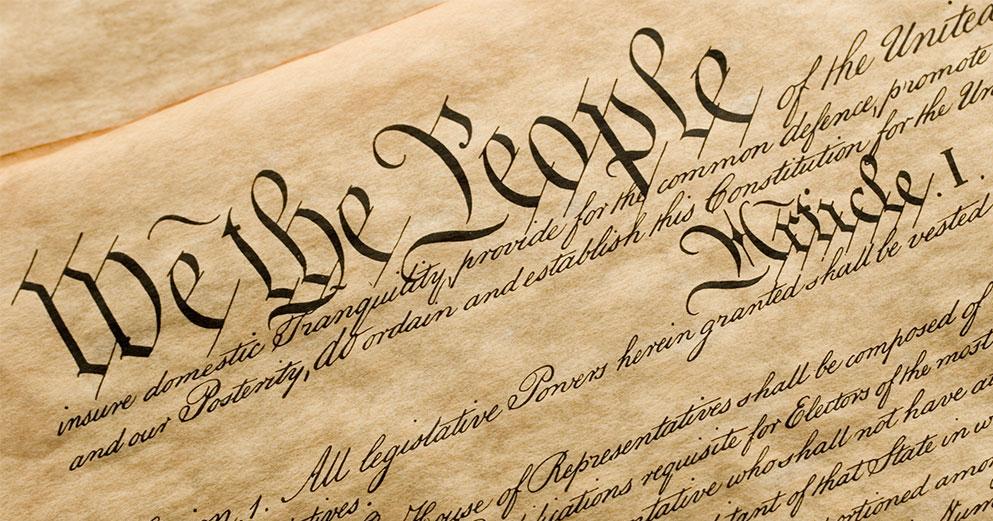
![]() Email a member of the reference staff at referencelaw@nccu.edu.
Email a member of the reference staff at referencelaw@nccu.edu.
Students submit help requests here.
Faculty and staff submit help requests here.
This guide is meant to provide a starting place for the community to find and research sources of Federal U.S. law through free sources. Federal sources are the actual laws and rules issued by official bodies of government.
A list of commonly used primary sources:
The U.S. Constitution serves as the cornerstone of our Federal Government and is commonly referred to as the Supreme Law of the Land. It is comprised of three components. First, the Preamble describes the purpose of the document and the Federal Government. The second component, the seven articles, establishes how the Government is structured and guidelines for constitutional amendments. The third component is the twenty-seven Amendments, with the initial ten being known as the Bill of Rights.

Statutes are laws passed by the Legislative Branch. Federal statutes are the laws passed by Congress (Legislative Branch) with the approval of the President (Executive Branch). Federal statutes are published in three formats: Slip Laws, Statutes at Large, and U.S. Code.
Definitions:
Case law refers to existing rulings and legal precedents made by the courts and decided by the judges. Below are links the provide free access to federal case law.
U.S. Bankruptcy Court
Bankruptcy cases are filed in the Bankruptcy Court (Federal Court). North Carolina is organized into three federal judicial districts, the Western District of North Carolina, the Middle District of North Carolina, and the Eastern District of North Carolina. For more information, please visit the links below.
U.S. Tax Court
The U.S. Tax Court (Federal Court), located in Washington, D.C., handles disputes between the Internal Revenue Service and taxpayers. A taxpayer who begins such a proceeding is known as the "petitioner", and the Commissioner of Internal Revenue is the "respondent." For more information, please visit the links below.
U.S. Court of Appeals for Veterans Claims
The U.S. Court of Appeals for Veterans Claims (Federal Court) reviews final decisions made by the Board of Veterans' Appeals (BVA or Board). A person who files an appeal at the Court is called an "appellant." An appellant appealing a BVA decision is bringing legal action against the Secretary of Veterans Affairs, who is also referred to as the "Secretary" or "appellee." For more information, please visit the links and the PDF below.
Federal regulations are written by executive agencies to enforce statutes passed by Congress (Legislative Branch). They provide detailed instructions on how executive agencies intend to enforce laws. Federal regulations are published in 2 ways: The Federal Register (FR) and The Code of Federal Regulations (CFR).
Definitions:
Federal Agencies
Federal Agencies are part of the Executive Branch and are created to regulate specialized industries or practices. Below are links to common Federal Agencies.